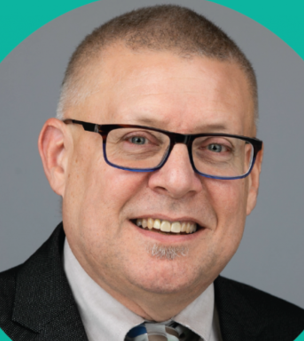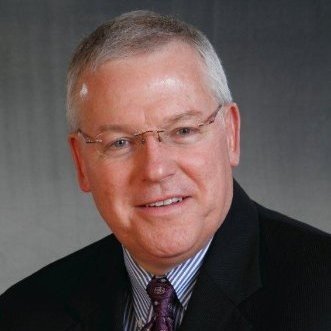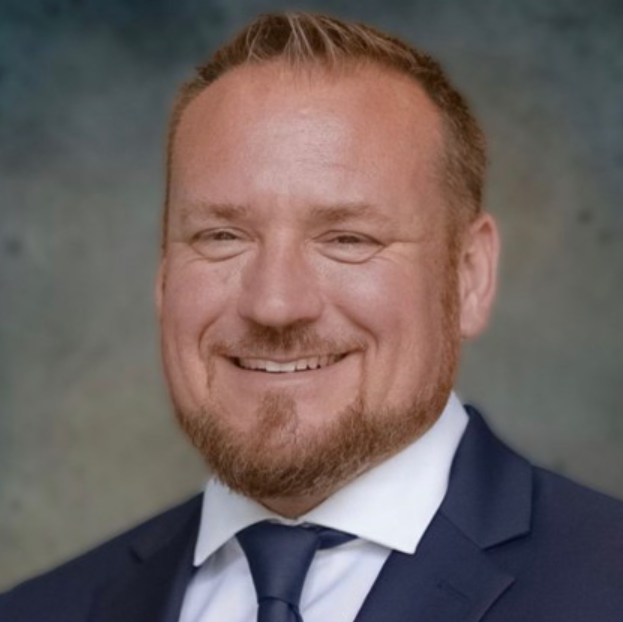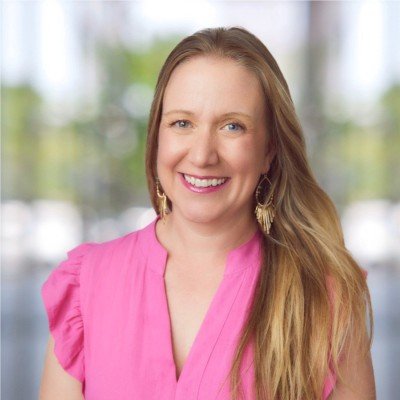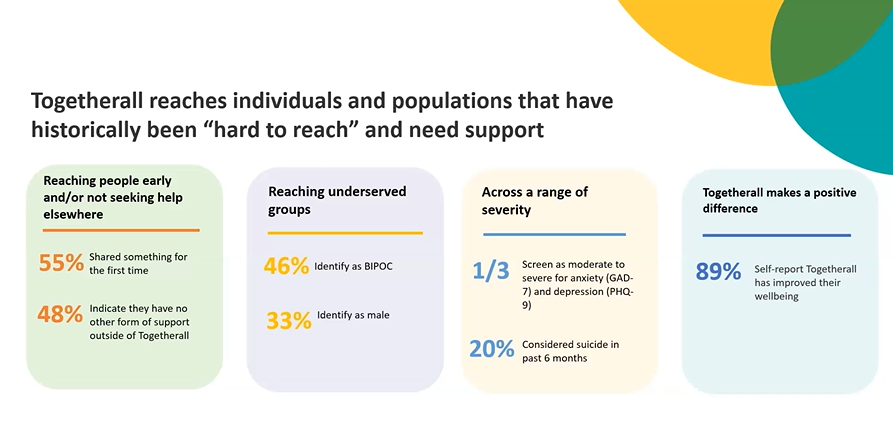Powerful Roundtable Discussion Emphasizes Peer Support in the Construction Industry
The need for greater mental health support in the construction industry is evident. Workers face mortal danger every day just doing their jobs, and yet more construction workers die from suicide each year than every other workplace-related fatality combined. No one understands what those in construction are going through better than others in the industry.
In May 2023, I attended a special virtual roundtable event, hosted by Cal Beyer, vice president of Workforce Risk & Worker Mental Wellbeing at Holmes Murphy, and Togetherall, a 24/7 clinically moderated peer-to-peer mental health support service. For more than 15 years, Togetherall has provided a safe, anonymous, online space for individuals to give and get support from others with shared lived experiences.
The objective of the event was to make those in the construction space aware of this peer-to-peer support option for their colleagues and friends; assess whether this was an option that those in the industry would benefit from and feel comfortable using; and provide feedback to Togetherall as they continue to evolve their service.
I was thrilled and grateful to be a part of this event and get a glimpse into the different kinds of support available to the construction community. With so much stigma around those in the industry seeking any kind of mental health support, it’s been a long-time coming that this kind of change is embraced.
Co-panelists Brandon Anderson of the Associated General Contractors Missouri Chapter and Dr. John Gaal of the Missouri Works Initiative, both from the industry and now advocates for mental health, gave riveting and powerful testimonials about their own personal experiences. The entire group was emotionally moved by both men’s honesty and bravery, and it opened up the lines of communication for what the roundtable was all about: peer support.
The roundtable broke into discussion groups to explore the following questions:
What are the causes and consequences of isolation and loneliness in construction? How can the industry help reduce the risk of loneliness among workers?
What populations in construction are the most “vulnerable” to feeling excluded and NOT being included or feeling like they belong? How are we reaching these sub-populations now?
Do traditional methods of providing mental health and wellness support reach the “hard to reach” sub-populations? Why or why not? What gaps exist? Are there any ways to enhance/augment traditional methods?
How can peer-to-peer support create and/or strengthen connections in the construction industry? What are the major pros vs. cons of expanding peer-to-peer support?
Can a tool/resource like Togetherall provide a “safety net” for the construction industry? Brainstorm how an industrywide tool/resource could be adopted and promoted.
Togetherall will be consolidating and sharing insights gleaned through the discussion in the coming weeks. Cal expressed his appreciation for participating in the event, saying, “It was an honor to be invited by Togetherall to serve as moderator for the roundtable. I respect the leadership team at Togetherall. I value how their clinically supervised digital platform reaches hard to reach populations that are lonely and seeking peer support.”
MOXY is committed to destigmatizing mental health issues in the workplace and that requires bringing the conversation out from behind closed doors. Our content contributors recognize we provide a safe space for them to share their authentic experiences and remind our readers that they are not alone in their struggles.
For more information on Togetherall and providing peer-to-peer support for your people, contact Nicole Misura at nicole.misura@togetherall.com.
In the meantime, learn more on Togetherall’s website.


